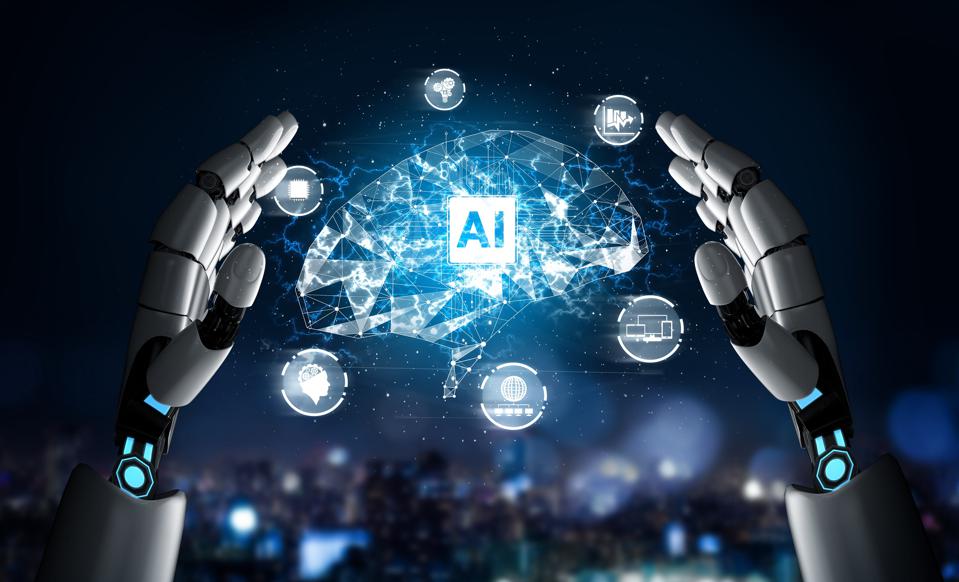Most people are not very familiar with the concept of artificial intelligence (AI). Several business leaders are not sure what it is or how it will affect their particular companies. They understand there is considerable potential for altering business processes but are unclear on how AI can be deployed within their own organizations. AI integrates into commerce, self-driving cars, health care, industry, entertainment, smart cities, science research, art and music composition, translation services, military applications, security and surveillance, and much more.
From a business perspective, AI is assumed to be a silver bullet, a tool that will revolutionize organizations in process optimization, marketing, and decision-making. However, one has to be careful not to overestimate the benefits of AI in an organization. Many problems can be resolved by using cheaper solutions. Much of the AI decision implementation is being done by technologists, but senior management with a depth understanding of their businesses must be the first in line for AI decision implementation. Basically, you must understand what business solution has to be optimized before implementing any AI algorithm.
Despite its widespread lack of familiarity, AI is a technology that is transforming every walk of life. It is a wide-ranging tool that enables people to rethink how we integrate information, analyze data, and use the resulting insights to improve decision-making.
Artificial intelligence algorithms are designed to make decisions, often using real-time data. They are unlike passive machines that a capable only of mechanical or predetermined responses. Using sensors, digital data, or remote inputs, they combine information from various sources, analyze the material instantly and act on the insights derived from those data. With massive improvements in storage systems, processing speeds, and analytic techniques, they are capable of tremendous analysis and decision-making sophistication.
AI is not a futuristic vision but rather something that is here today and being integrated with and deployed into various sectors.
One of the reasons for the growing role of AI is the tremendous opportunities for economic development that it presents. It is estimated that AI technologies could increase global GDP by $15.7 trillion, a full 14%, by 2030.
Artificial intelligence(AI) 101 for Entrepreneurs(Opens in a new browser tab)
At the same time, though, these developments in AI raise important policy, regulatory and ethical issues.
To make AI move forward, we must improve data access, increase government investment in AI, promote workforce development in AI, have government engage with private organizations, take bias seriously as an AI issue, maintain mechanisms for human control and oversight, penalize malicious behavior and promote cybersecurity.
